In a significant move that highlights the evolving landscape of regional aviation, Canada’s Hydro-Québec has placed an order for three ATR 72-600 turboprops, marking a strategic shift away from its current fleet of De Havilland Canada Dash 8 aircraft.
Hydro-Québec, one of Canada’s leading hydroelectric power providers, operates a vast network of 62 electricity-generating stations across the province of Quebec. The need for reliable, efficient, and environmentally friendly transportation solutions is paramount for the company, given the dispersed nature of its operations. The decision to acquire ATR 72-600s is a testament to the growing demand for modern, low-emission regional aircraft, a trend that resonates deeply within the global aviation community, including in Mexico.
The order, announced on April 3, 2025, includes three ATR 72-600 turboprops, with deliveries scheduled to commence in September 2026. These aircraft, powered by Pratt & Whitney Canada PW127XT engines, are set to replace Hydro-Québec’s existing fleet of De Havilland Canada Dash 8 turboprops, which have been in service for between 19 and 35 years.
The ATR 72-600 stands out for its exceptional performance, boasting a significant reduction in fuel consumption and CO2 emissions compared to the older generation turboprops. This aligns perfectly with Hydro-Québec’s commitment to operational efficiency and environmental stewardship. The new aircraft emit 30% less CO2 than competing turboprops and 45% less than regional jets, making them the lowest-emission regional aircraft on the market.
This acquisition is part of a larger trend in Canada, where ATR has been gaining momentum. Following the order from Rise Air in November last year, this deal further solidifies ATR’s position as the sole Western provider of large passenger turboprops after De Havilland ceased production of the Dash 8-400 in 2022.
The shift towards more efficient and environmentally friendly aircraft is not unique to Hydro-Québec but reflects a broader industry trend. As aviation companies worldwide face increasing pressure to reduce their carbon footprint, the demand for modern, low-emission aircraft is on the rise.
Historically, the De Havilland Canada Dash 8 has been a staple in regional aviation, known for its reliability and versatility. However, the cessation of its production and the subsequent rise of ATR as a dominant player in the turboprop market signal a significant shift in the industry’s priorities towards sustainability and efficiency.
The order by Hydro-Québec for ATR 72-600s is a milestone that underscores the importance of sustainable aviation practices in the regional air travel sector. As the aviation industry continues to evolve, with a growing emphasis on environmental sustainability and operational efficiency, this move sets a precedent for other operators to follow.
For Mexico and the broader Latin American region, this development highlights the potential for adopting similar strategies to enhance regional air connectivity while minimizing environmental impact. As the world moves towards more sustainable aviation solutions, the choice made by Hydro-Québec serves as a compelling example of how innovation and environmental responsibility can go hand in hand.
- ATR 72-600
- Hydro-Québec
- De Havilland Canada Dash 8
- Sustainable Aviation
- Regional Air Travel
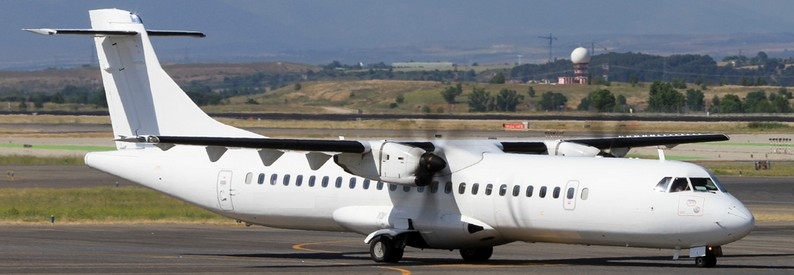
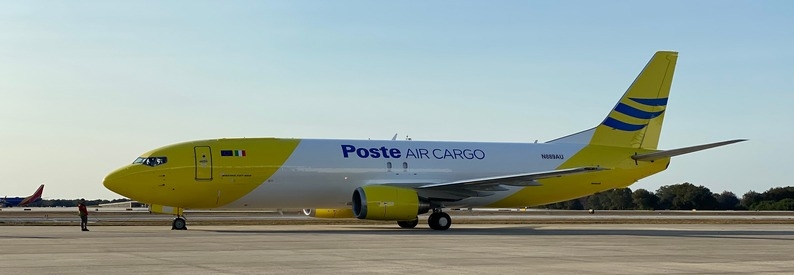
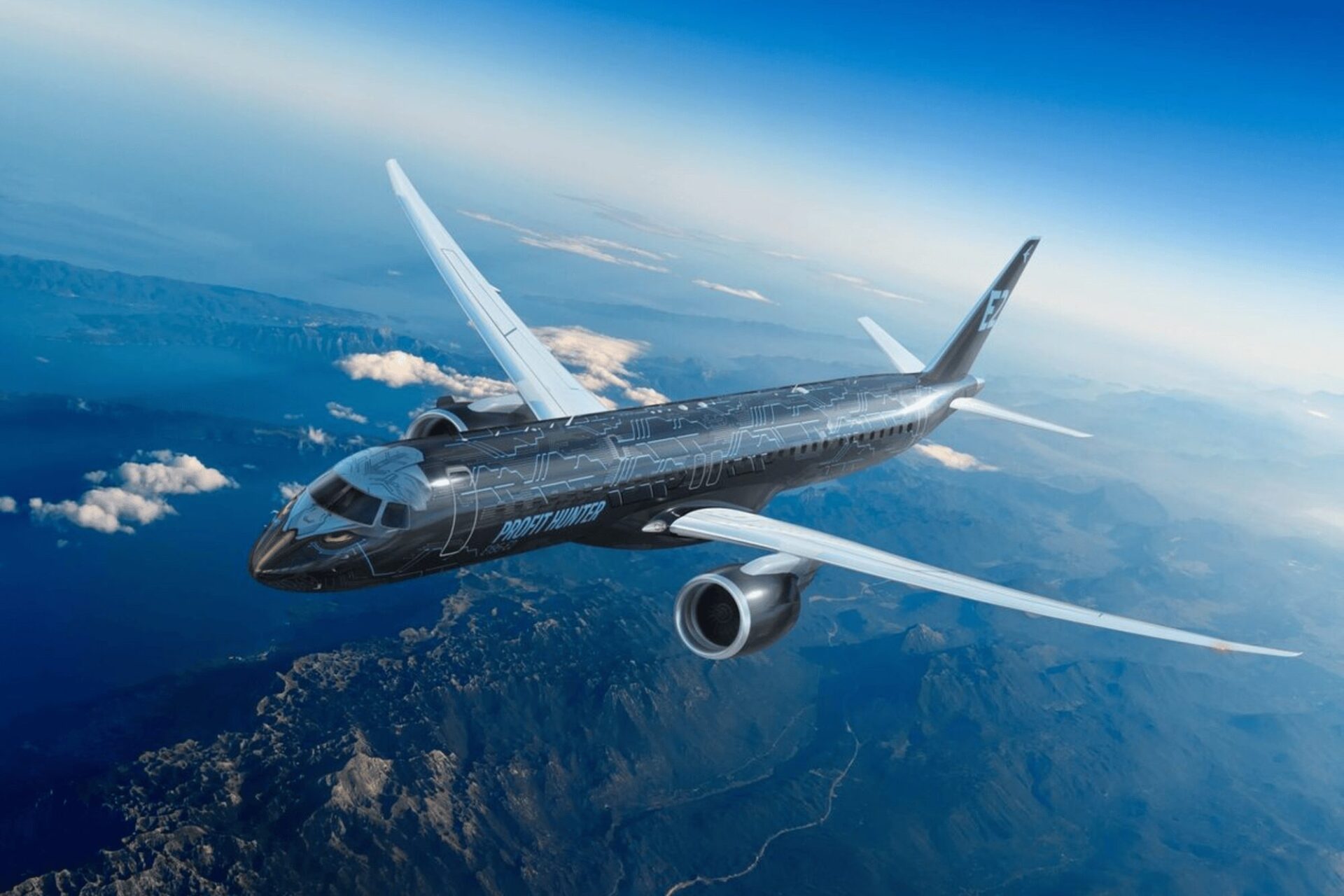
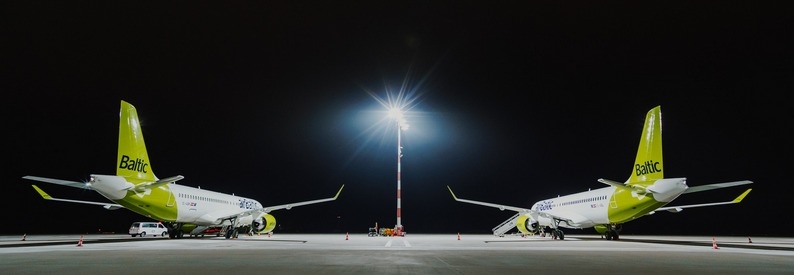
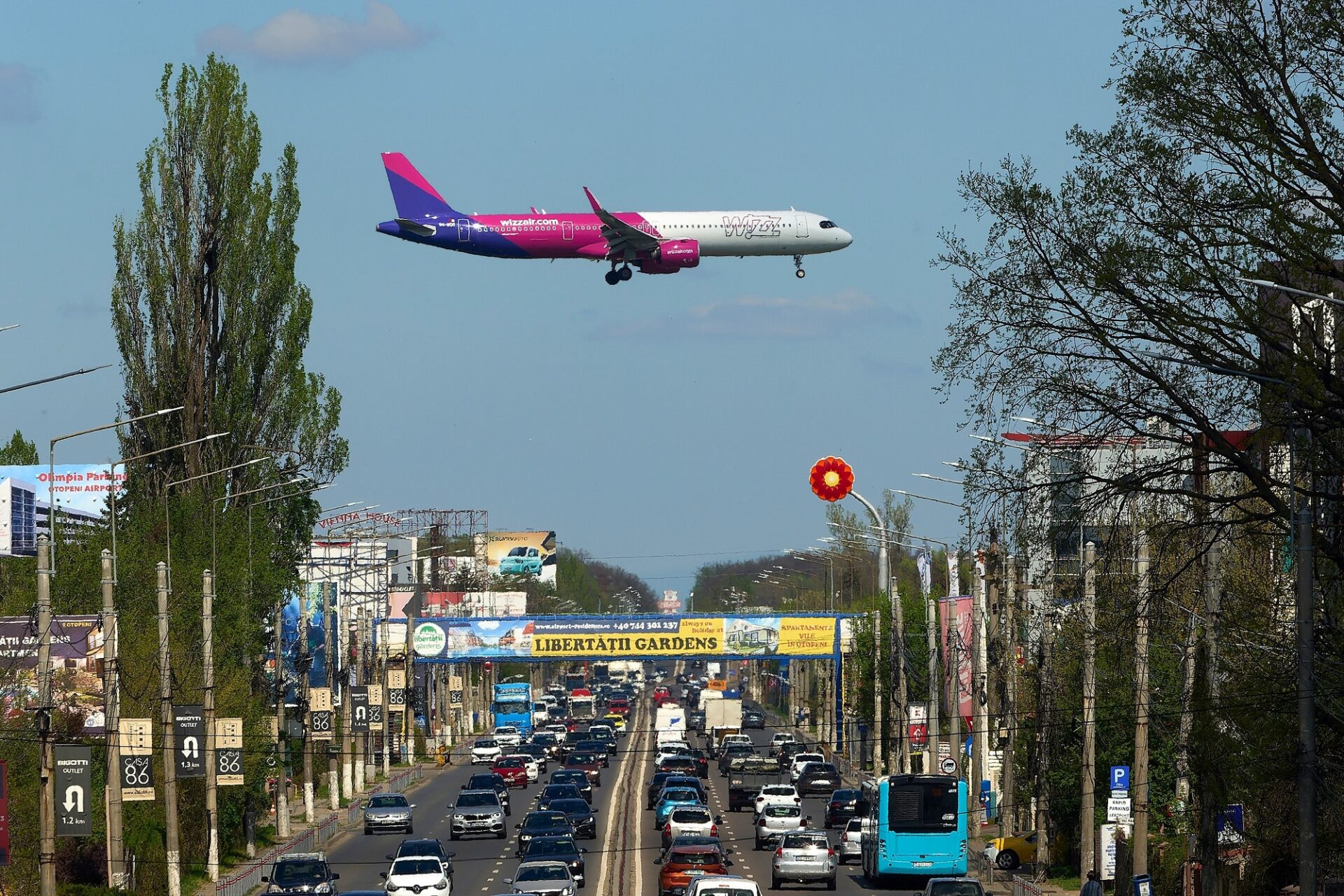
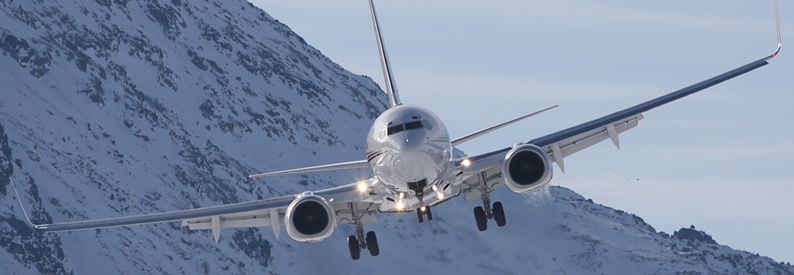
Deja una respuesta